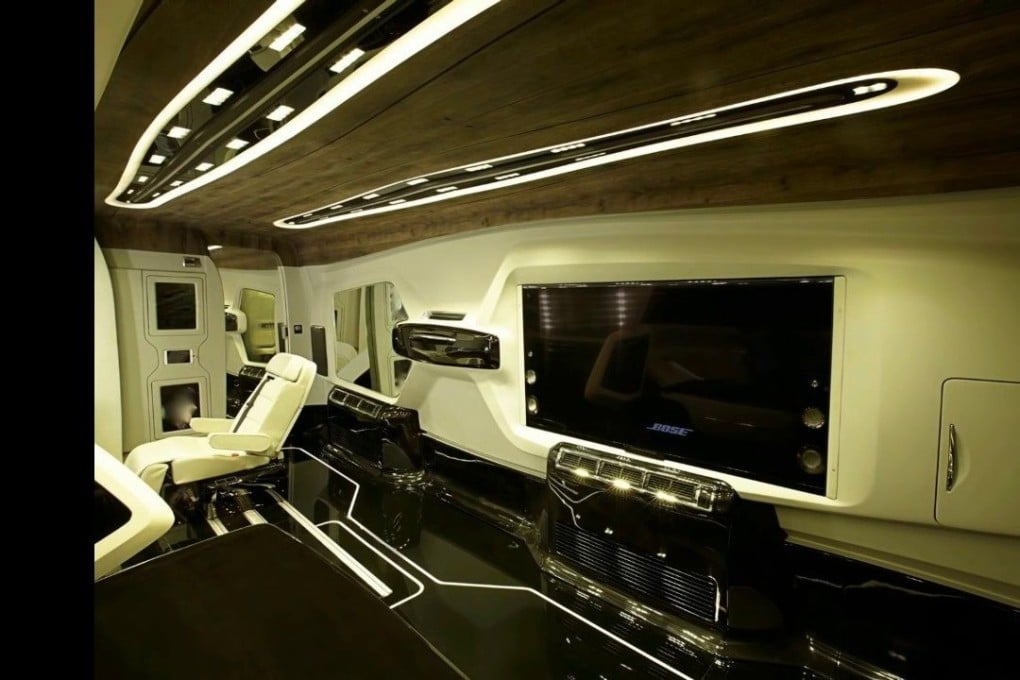Advertisement
Bollywood A-listers’ status symbol: vanity vans that include gyms, bars, party zones
- Bespoke, state-of-the-art vehicles are custom made, and it is where stars retreat on shoots to conduct business meetings, relax, work out, and even host parties
- Shahrukh Khan’s vanity van, rumoured to be among the costliest, is nicknamed ‘Palace on Wheels’, and is said to convert into a party zone with special lights
4-MIN READ4-MIN

New Delhi: Glamorous vehicles owned by Bollywood stars – the closest thing to royalty in the nation of 1.38 billion – are often of great interest to the Indian public.
Fancy wheels often make headlines, and evoke awe among fans: Aamir Khan’s Mercedes-Benz Maybach S600 to Akshay Kumar’s Rolls-Royce Phantom, Ranveer Singh’s Aston Martin Rapide S and Amitabh Bachchan’s Bentley Continental GT, to name a few.
Lately, their “vanity vans” have also crept into the limelight.
Advertisement
Owned by leading film stars, these are basically spacious vehicles – occasionally repurposed buses or coaches – used by stars as retreats during long shooting schedules. They function as a home away from home, where stars can relax, conduct business meetings, and do so much more within their cosy confines.

Many have theirs specially designed and custom made, and may include bars, lavish restrooms, party zones along with well-equipped gyms.
Advertisement
Advertisement
Select Voice
Select Speed
1.00x